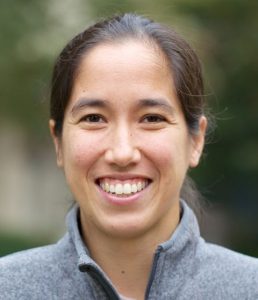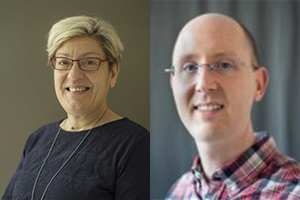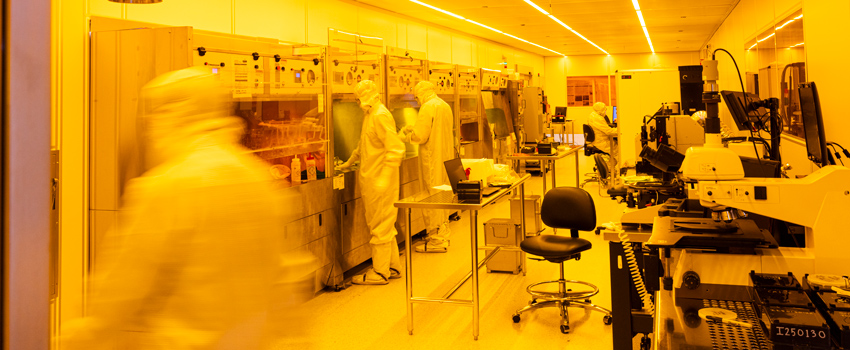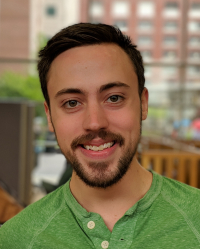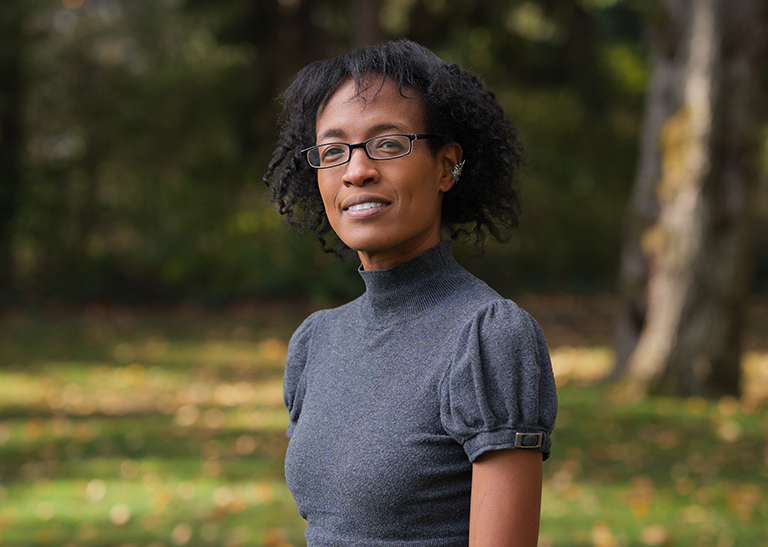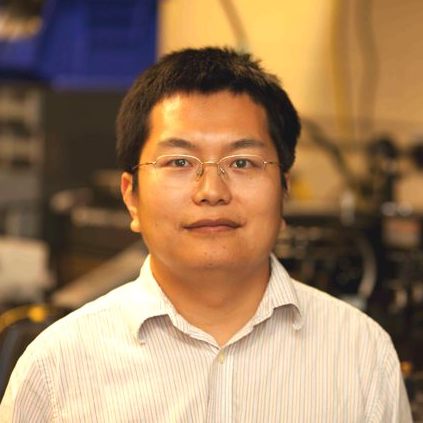NanoES faculty member Kai-Mei Fu (physics, electrical & computer engineering) was recognized for “foundational contributions to fundamental and applied research on the optical and spin properties of quantum point defects in crystals and for service and leadership in the quantum community.”
Kai-Mei Fu elected to Washington State Academy of Sciences
